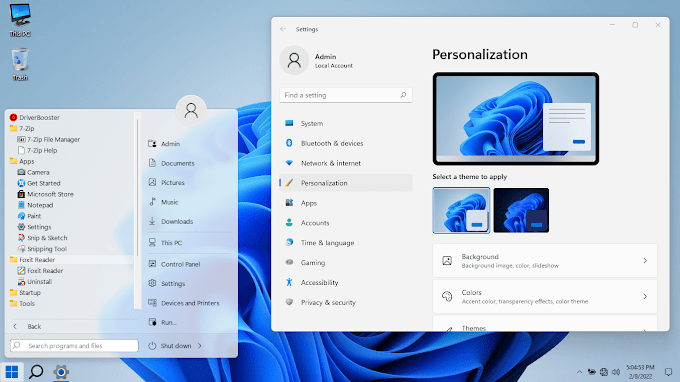Many of us do not know about the term "Open Source Software". Well, knowing it can be really useful. Let's understand what it is and how can we benefit from open source softwares.
Definition:
Open source software (OSS) is software that is distributed with its source code, making it available for use, modification, and distribution with its original rights. Source code is the part of software that most computer users don’t ever see; it’s the code computer programmers manipulate to control how a program or application behaves. Programmers who have access to source code can change a program by adding to it, changing it, or fixing parts of it that aren’t working properly. OSS typically includes a license that allows programmers to modify the software to best fit their needs and control how the software can be distributed.
How does OSS work?
Open source code is usually stored in a public repository and shared publicly. Anyone can access the repository to use the code independently or contribute improvements to the design and functionality of the overall project.
OSS usually comes with a distribution license. This license includes terms that define how developers can use, study, modify, and most importantly, distribute the software.iii According to the Synopsys Black Duck® KnowledgeBase, five of the most popular licenses are:
- MIT License
- GNU General Public License (GPL) 2.0—this is more restrictive and requires that copies of modified code are made available for public use
- Apache License 2.0
- GNU General Public License (GPL) 3.0
- BSD License 2.0 (3-clause, New or Revised)—this is less restrictive
What are benefits of Open Source Software?
1. Cost Effective
Generally an open source software is free to use. The users does not require to pay for the usage. It can be installed free of cost without any upfront expenses. Nevertheless the quality is not compromised. Especially for businesses with tight budget, using open source software can lead to significant amount of cost savings.
2. Reliability
High reliability can be ensured when using an open source software. The open source software is created by expert developers and guided by them. Therefore, there is very less chance that someone will identify flaws in the software. In addition to that, the software is monitored by a set of experts who is able to fix faults in a lesser time duration.
3. Flexibility
Unlike in proprietary software, users in open source software does not experience vendor lock-ins. Even if there are irrelevant features, the users can effectively remove them. This is because the source code is free to modify. Users do not need to stick to the provider's requirements.
4. Scalability
Similar to a Linux operating system, an open source software can also be scaled easily. According to the needs, an open source software can be scaled up and down so that businesses could achieve their desired results.
5. Licensing
Open source software offers convenient license schemes. Thus, the users do not need to worry about monitoring and tracking. And regardless of the location, an open source software could also be used. Moreover, it does not pose any restrictions on the number of times it can be installed.
6. Error Free
The number of people involve in maintaining an open source software is more in hundreds and thousands. Usually they are present as a community. These people make sure that the software is error free of bugs.
Once a user identifies a bug, they could report it to the community so that the community could fix it as soon as possible. Releasing a patch will not take longer time since the source code is available to everyone.
What are some examples of OSS?
- GNU/Linux
- Mozilla Firefox
- VLC media player
- SugarCRM
- GIMP
- VNC
- Apache web server
- LibreOffice
- jQuery










Informative
ReplyDelete